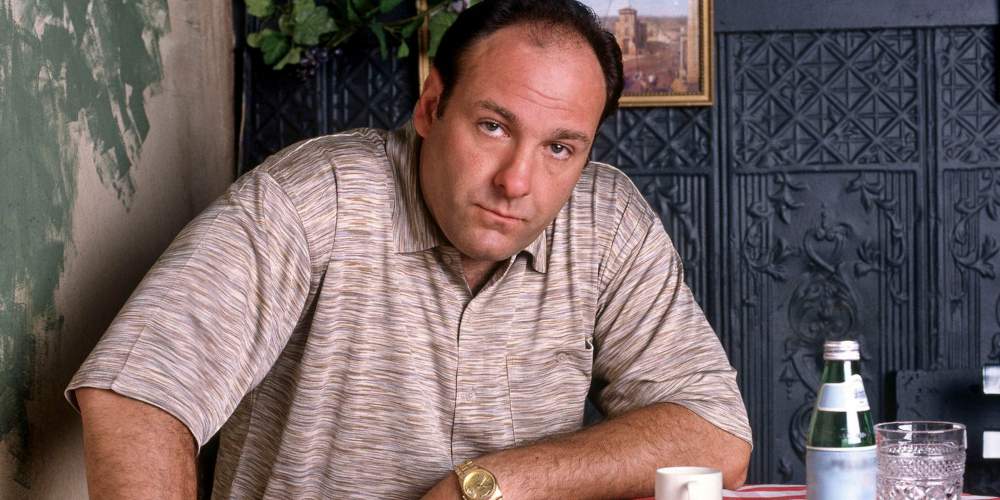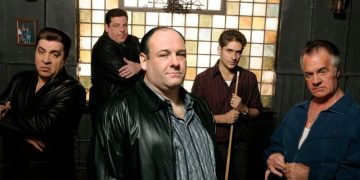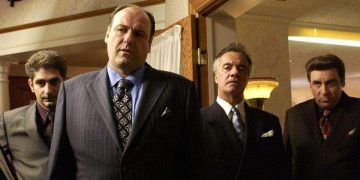James Gandolfini's defining performance as the lead in HBO's The Sopranos became a template for all drama TV series to come. His wholly realized modern mobster inspired the likes of Walter White, Rustin Cohle, and so many other TV anti-heroes.
Tony Soprano, husband of Carmela and father to Meadow and AJ, has so much complexity that he's been sustaining the series to this day, more than two decades after the final episode initially aired.
The ruthless Italian gangster struggled to balance his family and professional life, seeking therapy to better understand himself. This quirk made Tony intriguing right from the get-go as his sessions with Dr. Melfi became Tony's outlet for his hopes, dreams, anger, and fears.
Gandolfini's Tony Soprano remains one of the best portrayals of a long-form character. Here's our take on what made Tony Soprano such a complex and incredibly deep character.
1. He's the Ultimate TV Anti-Hero
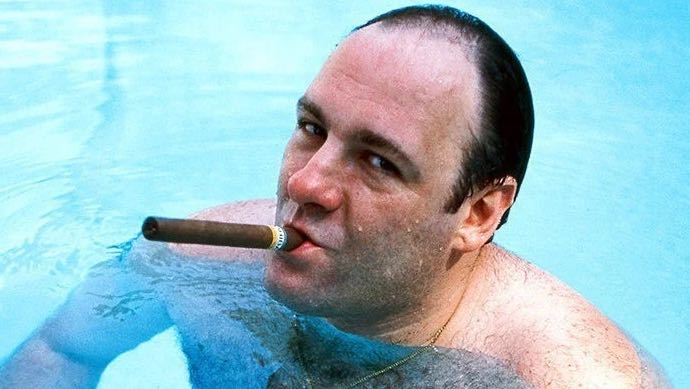
Before The Sopranos arrived in 1999, television anti-heroes generally existed in the clichéd form of a renegade cop who toed the line between department code and self-guided moral compass.
Tony changed all that. His actions were downright evil—killing people and casting others aside—as he ran the New Jersey Di Meo crime family.
It became tough to root for Tony when you stopped to consider the person he was, but there was also a side to Tony that showed his trepidation and regrets over some of his more harmful actions.
In his arguments with Carmela, his treatment of his son AJ, his disagreements with his daughter Meadow, Tony's biggest regrets involved his family and how he wanted to be better for them.
That trait made Tony someone we could empathize with—a man who truly loves his family and doesn't want the same life for them that he has. We watch him kill and harm many people, but we can't hate him because we can see where he's coming from.
2. He Opened Mental Health Discussions
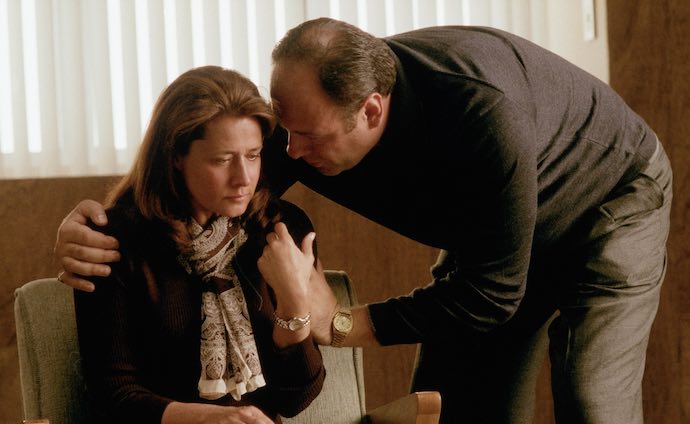
When The Sopranos first aired in 1999, discussions around mental health and its effects weren't as open as they are today. Few people dared to discuss—or even admit—their inner issues and pain, with even fewer willing to see a professional for help.
Watching Tony Soprano, a dedicated and ruthless mafia boss, have sessions with Dr. Jennifer Melfi opened up doors to wider cultural acceptance of mental health issues. It spoke to a truth that many believed deep down yet kept quiet.
In Tony, we see a brutal human struggling to keep himself together. Tony's deepest fears are exposed in his sessions with Melfi, and there was a motivating quality in seeing someone like him get help. It encouraged many—particularly men—to seek help when they needed it.
While other aspects of Tony's personality and life were as macho masculine as could be, his struggle with mental health made the subject more acceptable to approach.
3. His Characterization Is Complex
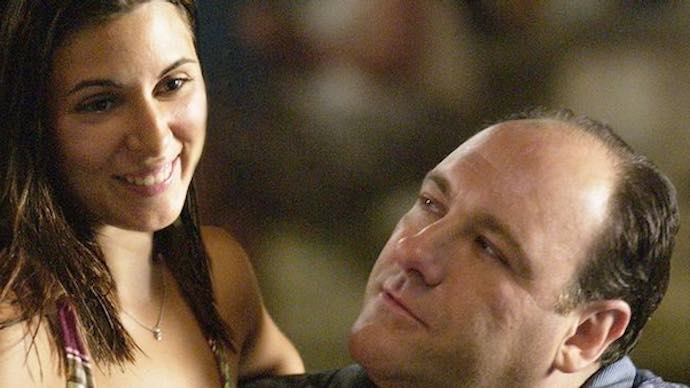
Complexity is something that all great characters need. Without it, they languish as one-dimensional beings, never fully realized.
Tony Soprano was one of the first cases of a fully-formed human being before our eyes on TV. His actions and decisions had vast effects on him, as he was a man beholden to his emotions.
Tony's bullish rage is always on the surface of his character, but once you get past that, you see that Tony has a heart deep down; a soul that makes him far deeper than any stereotypical Italian Mafia gangster.
During the episode "Bust Out," Meadow comes home late. When she switches on the lights, she jumps at the sight of Tony at the kitchen table. He tells her what she and her brother mean to him, that her personality is "all me" even though he tells people that she's more like Carmela.
The sequence shows Tony's true self exposed to his daughter, making sure that she knows he loves his children and family, that she knows her makeup is all the best parts of him. "Nothin' gets by you," he says.
Despite his infinite anger and frustration, Tony shows his roundedness and ability to emote in this scene. His conversation with Meadow is short, but it's the first time the audience sees his perception of Meadow—and that he isn't wrong about it.
4. His Drawn-Out Performance
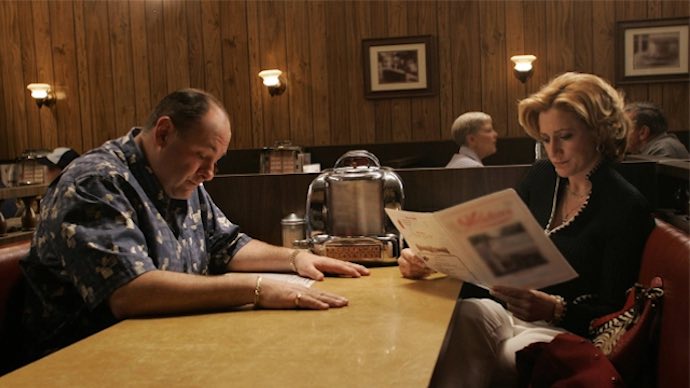
Drawn-out TV performances are hard to keep fresh. As seasons go on, most characters become watered down and uninspired, losing what makes them interesting with every episode. But not true for Tony.
James Gandolfini's Tony Soprano always felt edgy and robust, as though sculpted by a Greek God named David Chase. He had infinite angles to explore, so even as we felt like we knew him, we also felt like he had other parts to his personality left to show us.
Gandolfini's portrayal of Tony Soprano had as much influence on TV as The Beatles had on music, in that everybody seems to have taken inspiration from him in some form or another. Though the series ended, Tony lived on with fans and shaped modern TV culture.
Without Gandolfini, we don't have Bryan Cranston, Matthew McConaughey, Woody Harrelson, Bob Odenkirk, Brian Cox, or countless others. Some have come close, but none have yet reached the same height that Gandolfini established. Perhaps nobody ever will.
